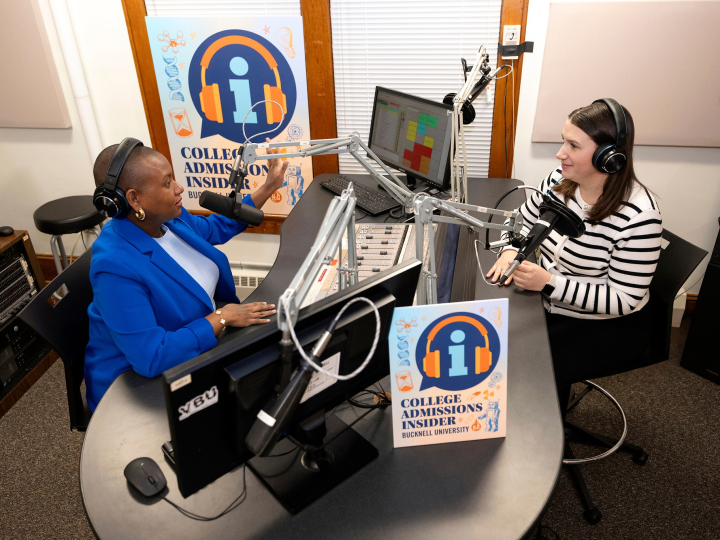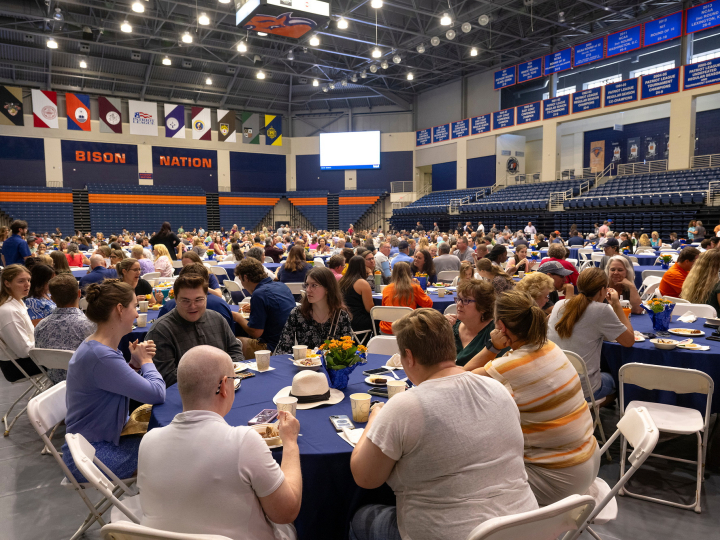Cole McCollum '17, mechanical engineering
October 1, 2015
This past summer, I interned at a startup called Quirky in NYC. Quirky was a venture-backed startup that helped bring people's product ideas to life. Anyone could submit an idea for an invention and Quirky would do everything it took to put the best ones on store shelves. It was an incredible opportunity to work at such a successful and highly publicized startup — or so I thought. On my second day in the glamorous, multi-million dollar office, half of the company was laid off. While the experience wasn't anything quite like I had imagined, I was able to learn some really valuable lessons about entrepreneurship, innovation, and the harsh realities of startups.
Hardware startups face exponentially more challenges than software startups. The costs and risks associated with taking an idea to a physical product are enormous. But that wasn't the problem with Quirky. At the risk of sounding blunt, I believe the biggest problem with Quirky was that it didn't do anything well. The company tried to "invent" in almost every consumer product category: kitchen, home, outdoors, smart home, fitness, technology, etc. On top of spreading itself thin, the company was making way too many products! At one point, Quirky's goal was to produce three new products every single week, and as you can imagine, most of them ended up being poorly made. It is easy to see how this unsustainable business model led to enormous costs and millions of dollars in unsold inventory. Even with large amounts of funding (185MM), the only way for a startup, with inherently limited resources and no brand loyalty, to possibly work is to do one thing as well as possible. Google started with just one focus: to produce the best search engine in the world.
Although the initial business model was inherently flawed, during the two months I spent there, Quirky was transitioning to a completely new model. Rather than taking on the capital risks ourselves, Quirky would partner with and bring the invention ideas to massive companies like GE, Mattel and Harman. While it was still never clear exactly what Quirky could do for these companies, the CEO, Ben Kaufman, often cited that it was our speed and ability to crowdsource innovation that these companies needed. While both of these things sound great on paper, what I realized about crowdsourcing ideas is that it really doesn't work. Number one, people rarely know what they want. Henry Ford once said "If I asked my customers what they wanted they would have said a faster horse." And number two, even good ideas are almost worthless. In fact, as I watched our partnerships with these companies unfold, I realized that it wasn't the ideas they cared about at all. It was our ability to help them execute on some of them. Apple rarely invents something revolutionary, but the way they execute is unprecedented.
While all of these things about Quirky sound quite negative, there were some great qualities about the company that I hope to emulate in my own startup one day. For instance, although the layoffs and being on the verge of bankruptcy were big morale-killers, I could see how powerful the Quirky culture was. People were always willing to help work wherever they were needed, and when everyone came together to work on some of the partner projects, we produced amazing work. The engineering team would hold multiple meetings per week, one of which would be solely for improving our engineering skills and best practices. On top of that, people were great friends. Many of them worked on projects or hung out with each other outside of the office. However, towards the end of my internship, things started looking more and more bleak for the company's future and I watched as the company's culture deflated. We had a multi-million dollar office with drinks on tap, glass doors everywhere, and free snacks, but none of that mattered when the employees lost faith in the company and its mission. Eventually in the last week of my internship, the entire company, including the CEO and the interns, were laid off. All of our fears and doubts turned into reality as we watched the mission of Quirky officially die. I realized that until a company is profitable, the only costs should directly help the company's mission. Perks don't motivate people. Working on solving meaningful problems and believing in a mission do.
I still feel a lot of pride for Quirky. Every time I see a Quirky product out in the world, I get really excited knowing that I worked for them. I'm thankful that I was able to learn so much this summer, even if it meant getting laid off from my first work experience!

